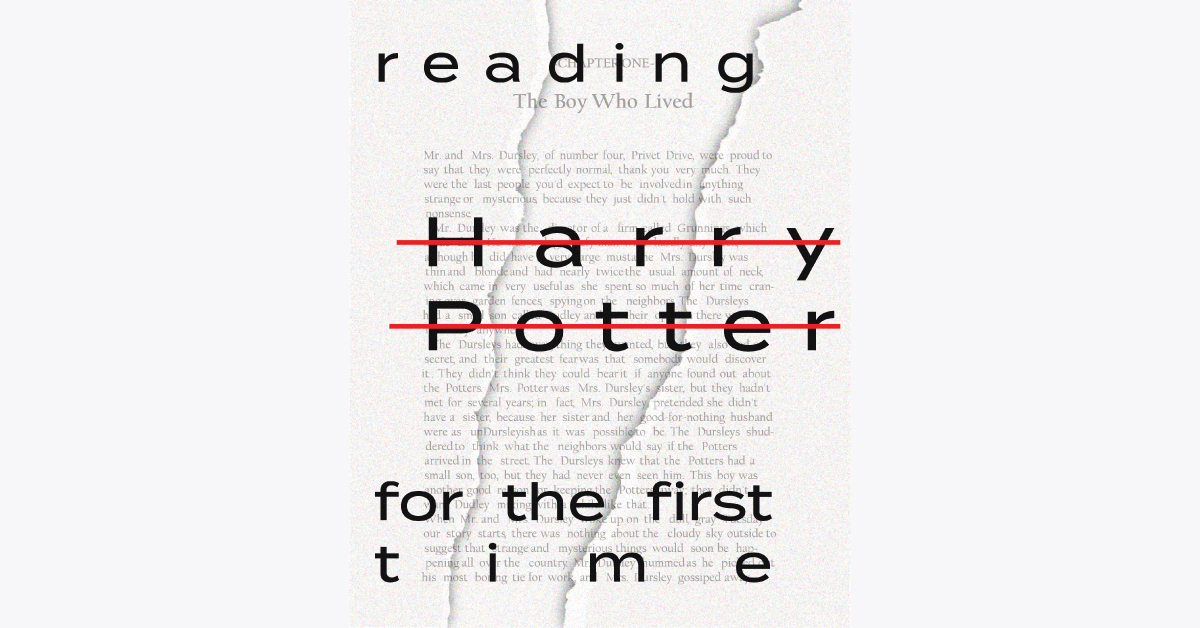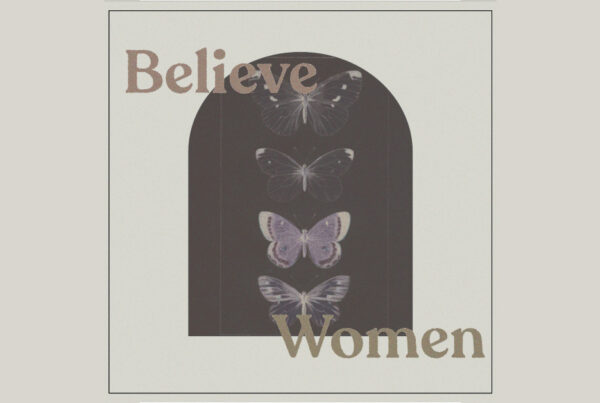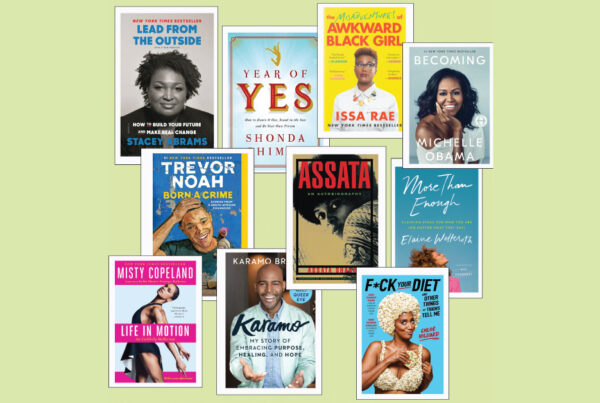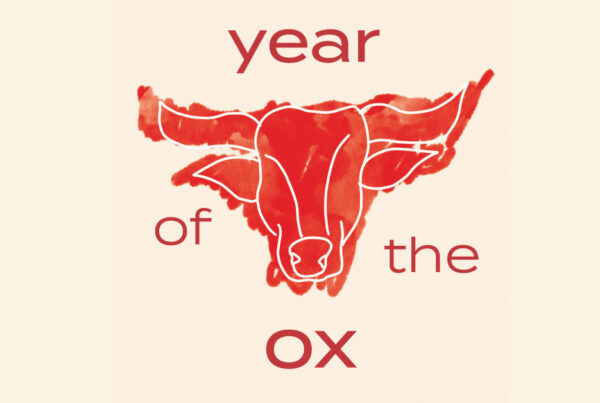Reading Harry Potter for the First Time, in the Age of the Cancelled J.K. Rowling
You can tell a lot about someone by their Hogwarts House. Gryffindors are your front-line heroes, running into the burning building with no questions asked. Hufflepuffs, your most loyal followers—if you need them, they are right behind you. Ravenclaws, your witty informants, they know exactly how to extinguish the flames. And, Slytherins, well, they probably started the fire.
I remember when I took the popular Pottermore quiz. At first, it was just a fun game, the equivalent of a Buzzfeed “pick your favorite shade of blue and we’ll guess your future wedding location.” I had seen all the Harry Potter movies and enjoyed the premise, but I wasn’t so entrenched in the fandom as to derive any real or true meaning from my results. After all, my patronus is a salamander. I tried not to take that personally.
This was always my view of the series: magical forces, like patronuses, were just a cool concept. Someone like Snape would make a great Halloween costume at next year’s party. If there was a marathon on cable, I’d turn on the TV to watch. However, I couldn’t relate to people on Twitter who said they grew up with the characters or my best friend who said she has to thank “HP” for giving her so much. The wizarding world and my world were separate. If I wanted to really be part of the cool club, I had to dive into the literature.
But my seemingly harmless quarantine activity, designed to escape the horrors of reality for a few hours a day, didn’t go as planned. On June 6, 2020, J.K. Rowling tweeted transphobic comments that became headline news overnight. This isn’t her first time sparking controversy on Twitter, it is just the first time more people, including me, paid close attention. It was only a matter of time before the creator of the famously beloved universe joined the notorious ranks of cancel culture. But that begged the question: should I still try to join a club with a “canceled” founder?
By the time this happened, I was already through the fourth book, Harry Potter and the Goblet of Fire, and I decided I would keep reading but give myself rules to follow. I would keep donating to transgender organizations, I would only borrow books from my roommates’ set as to not show financial support, and I would remain open to and maintain a critical lens in any conversations. I still felt a nagging voice in the back of my head that I was doing something wrong, but it started to dull over time. It wasn’t that I forgot Rowling’s tactless opinions, but rather I came to replace her importance with that of the entire community of fans. I read for them, not for her. I read on their word that it had changed their lives.
On the surface, it is a simple motif: the triumph of good over evil. Yet, so much much of the series is not focused on Harry’s physical battle with Voldemort, the great antagonist. That long-awaited clash comes mostly at the end. So much of the story’s battle is a psychological one, focused on Harry’s triumph over the Voldemort in his head, the dark thoughts that try to constantly knock him back down. So much of it is about the decision to choose love above all else, even when it isn’t easy; after all, Harry is protected by his mother’s love even in her death. So much of it is about the things that unify us rather than divide us, the Hogwarts houses aren’t a method of exclusion, but a way to identify and celebrate each person for what they bring to the table.
It is clear that Rowling’s divisive comments contradict the themes that arise in her own writing, but the irony itself should remind fans that their part, irrespective of hers, is just as or even more so reflective of the story as a whole. The immediate rush to defend and fight for trans lives. The refusal to submit to anyone, even a friend, who thinks otherwise. The willingness to sacrifice something of such influential and sentimental value to one’s own life to uphold the value of another’s. This, to me, is the legacy of Harry Potter.
The author creates the characters, that is a truth we have to swallow and, unfortunately, it can not be reversed with a spell. Rowling brought Hogwarts into existence, we have to give her that. However, who these characters become, what they come to mean long after the books are closed and tucked into shelves, belongs entirely to the reader. Last year, my best friend asked me to go with her to get a tattoo to signify her relationship with depression. It is a small light bulb on the inside of her wrist that represents one of her favorite quotes by Albus Dumbledore: “Happiness can be found even in the darkest of times, if one only remembers to turn on the light.” Let’s keep carrying the torch out of these woods, lighting the way for the persons, muggles, wizards, and squibs alike that the world may try to dim.
–Winnie Brandfield-Harvey, Content Creator






